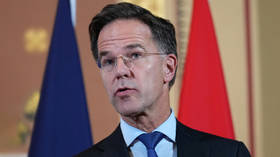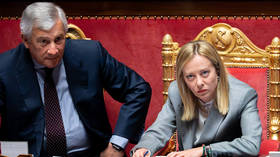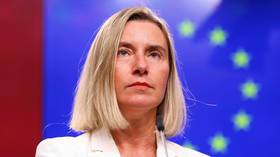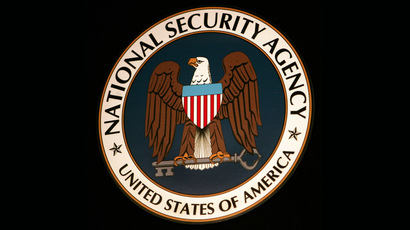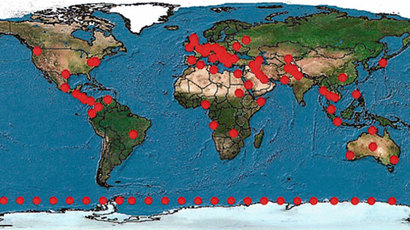Assange blasts Obama for denying Snowden's role in NSA reforms
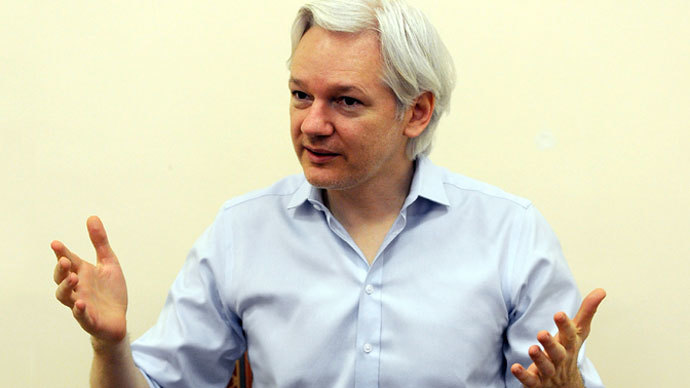
While praising US President Barack Obama’s Friday surveillance reforms as a "victory of sorts for Edward Snowden," WikiLeaks founder Julian Assange delivered a written blow to the administration for its “hypocritical” treatment of the subject.
In his Saturday address, Assange said, "As
Snowden has stated, his biggest concern was if he blew the
whistle and change did not occur…Well, reforms are taking shape,
and for that, the President and people of the United States and
around the world owe Edward Snowden a debt of gratitude."
Obama proposed the first of several measures aimed at restoring
the public’s trust on Friday, following NSA whistle-blower Edward
Snowden’s June revelations about the federal government’s
comprehensive system of data-mining on millions of American
citizens, including their phone and electronic communications.
The proposed steps have to do with Section 215 of the US Patriot
Act and Section 702 of the FISA Amendments Act, under which NSA
surveillance is considered legal. There will be an effort to
ensure greater oversight and transparency, focusing particularly
on the Foreign Intelligence Surveillance Court – the body that
authorizes surveillance through highly classified channels.
Furthermore, Obama proposed assigning a designated advocate who
would challenge the court in any instances of public concern with
privacy breaches and alleged constitutional transgressions. In a
broader effort, the President also expressed his support for an
increase in the public disclosure of previously classified
information. As a result, the Department of Justice has come up
with a fresh amendment concerning the government’s collection of
private data under Section 215 of the Patriot Act.
Despite the new progressive measures, Obama made clear that he
still did not condone the actions of Edward Snowden: "No, I
don't think Mr. Snowden was a patriot...the fact is, Mr. Snowden
has been charged with three felonies."
Assange, for his part, unloaded everything he thought about
Obama’s remarks in his own statement:
“…rather than thank Edward Snowden, the President laughably
attempted to criticize him while claiming that there was a plan
all along, ‘before Edward Snowden.’ The simple fact is that
without Snowden’s disclosures, no one would know about the
programs and no reforms could take place.”

Assange also remembered Bradley Manning and Daniel Ellsberg (who
leaked the Pentagon Papers, a top-secret study on American
decision-making in the Vietnam War), emphasizing that it is the
“people of good conscience” to whom this world is indebted
to for exposing the biggest crimes perpetrated on humanity. His
final remarks on the United States leave no issue untouched.
“Ironically, the Department of Justice is betraying two key
principles that President Obama championed when he ran for office
- transparency and protection for whistle-blowers. During his
2008 campaign, the President supported whistle-blowers, claiming
their ‘acts of courage and patriotism, which can sometimes save
lives and often save taxpayer dollars, should be encouraged
rather than stifled.' Yet his administration has prosecuted twice
as many whistle-blowers than all other administrations combined.
Moreover, the US government’s hypocrisy over Snowden’s right to
seek asylum has been stunning. America offers asylum to
dissidents, whistle-blowers and political refugees without regard
to other governments’ opposition all the time. For example, the
US has accepted 3,103 of their own asylees - 1,222 from Russia
and 1,762 from Venezuela.”




